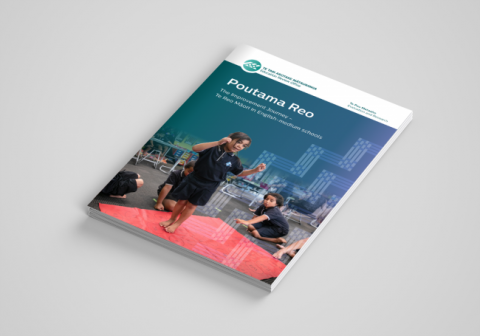Accelerating student achievement: a resource for schools
Published: 31 May 2013
This resource can be used with the School Evaluation Indicators. It brings together findings from ERO’s recent national reports to outline what works to accelerate progress for Māori students at-risk of underachieving in primary schools. We share approaches schools have taken where progress was accelerated and schools were able to extend their practices to help more students succeed. Innovative schools focus on inequity within their student population, resulting in improved outcomes for Māori students.
- Audience:
- Education
- Schools
- Content type:
- Research
- Topics:
- Achievement
- Resources
- Māori student achievement
- Inquiry



















